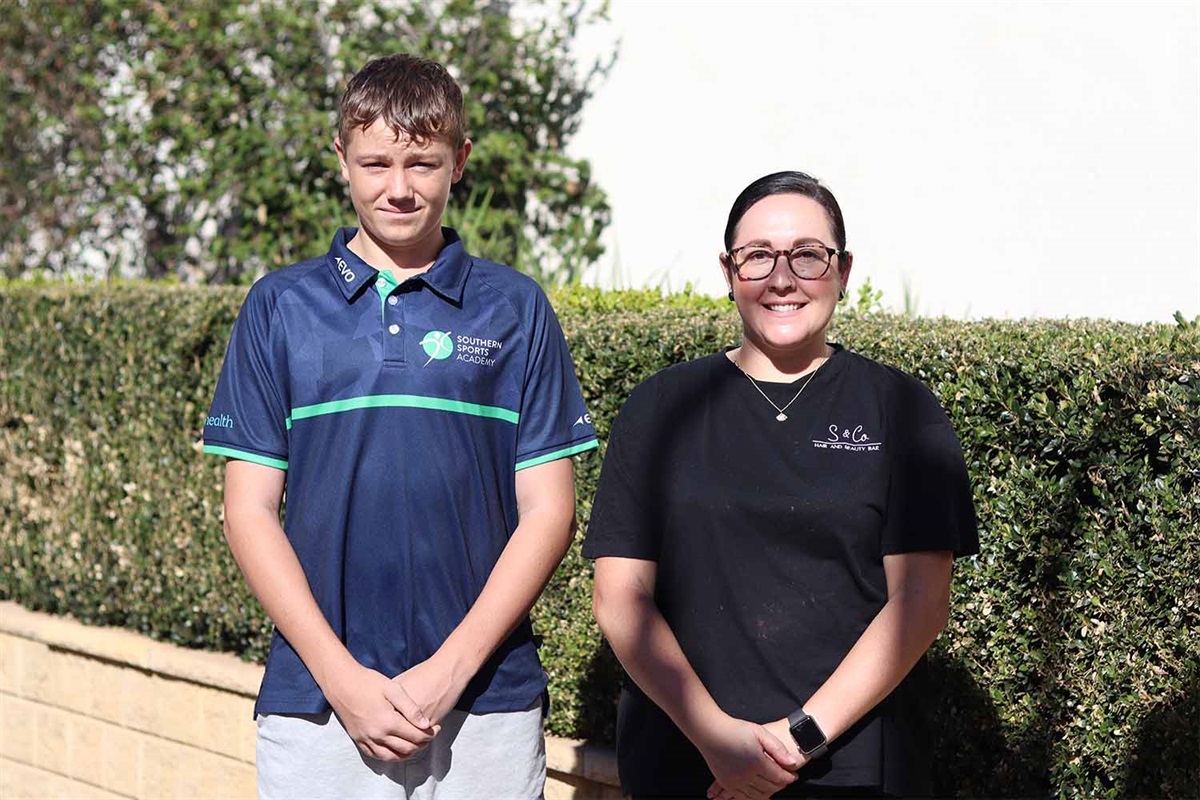Forxiga® (dapagliflozin) now TGA registered for use in Australia
- Approximately 1.7 million adult Australians (1 in 10) have indicators of chronic kidney disease3, with approximately 90% of people with the condition going undetected4
- Chronic kidney disease costs the Australian health system an estimated $5.1 billion per year3
- Forxiga® (dapagliflozin) is now approved to reduce the risk of progressive decline in kidney function in adults with proteinuric chronic kidney disease2, which represents the first new treatment for the chronic condition in 20 years1
Friday 24 September 2021, Sydney: AstraZeneca is pleased to announce that the Therapeutic Goods Administration (TGA) has approved the use of oral therapy Forxiga® (dapagliflozin) in Australia, to reduce the risk of progressive decline in kidney function in adults with proteinuric chronic kidney disease (CKD Stage 2, 3 or 4 and urine ACR ≥ 30 mg/g).2
This represents the first treatment to slow the progression of chronic kidney disease in 20 years.1
Kidney Health Australia – the peak body for kidney health in Australia – welcomed the news today.
“Due to the silent nature of the condition, people may be at risk of losing up to 90% of their kidney function before visible symptoms appear.3 We need to be driving greater awareness of this major public health issue so we are better at educating, diagnosing and treating those affected. Emerging treatments for chronic kidney disease are so important, as they give Australians living with the disease the opportunity to more effectively manage their condition,” said Chris Forbes, CEO of Kidney Health Australia.
Chronic kidney disease, a condition where there is a loss of kidney function over time5. It is a chronic condition that rarely occurs in isolation and is often associated with high blood pressure (hypertension), type 2 diabetes, heart failure and other conditions.3 An estimated 29% of Australian adults have one or more of these conditions, and approximately one quarter have at least two of these conditions.4
According to Dr Kean-Seng Lim – general practitioner (GP) – people should talk to their GP if they have key risk factors for chronic kidney disease.
“We know chronic kidney disease tends to go undetected and is often identified in its later stages. In our practice we have many adult patients who are at high risk of chronic kidney disease. This includes patients who have other conditions that we monitor, such as type 2 diabetes, hypertension and cardiovascular disease. The best opportunities to screen for chronic kidney disease is during regular GP visits, because they know you best. Having new treatment options for this disease will help doctors intervene earlier,” said Dr Lim.
Liz Chatwin – Country President at AstraZeneca Australia and New Zealand – said the new indication for Forxiga® was an important step toward transforming treatment for chronic kidney disease.
“For more than 60 years AstraZeneca has been committed to improving the lives of Australians living with chronic conditions. This approval has the potential to transform treatment of people living with chronic kidney disease. We hope that the news of this indication will also drive important discussions about improved detection and help build better awareness of chronic kidney disease,” said Ms Chatwin.
Forxiga® contains the active ingredient dapagliflozin.2
All medicines can have side effects. Sometimes they are serious, most of the time they are not. You may need medical treatment if you get some of the side effects. Ask your doctor or pharmacist to answer any questions you may have. Side effects of FORXIGA include6:
- hypoglycaemia
- genital infections as suggested by irritation of the genitals
- urinary tract infections
- back pain
- changes in the amount of cholesterol or fats in your blood
- headache.








